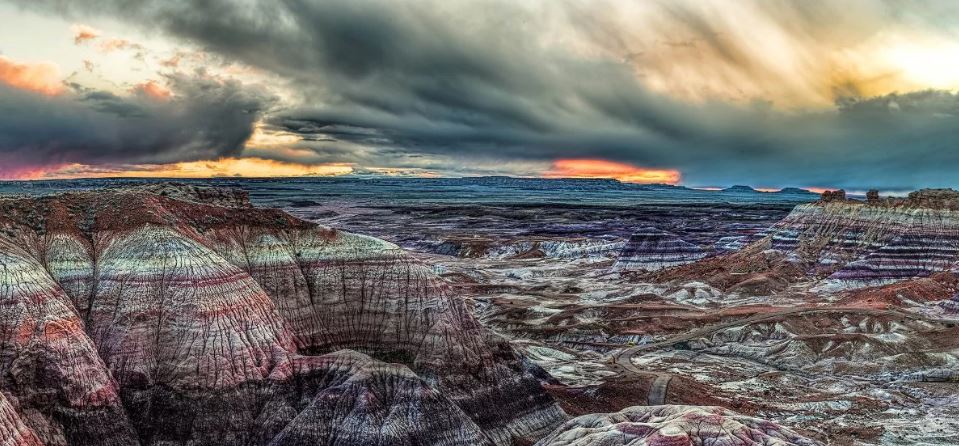 Two bipartisan bills show how the left and the right can converge on public land policy
Two bipartisan bills show how the left and the right can converge on public land policy
Outside Magazine – Jake Bullinger
It would seem Republicans and Democrats are wholly divided on public land policy. During the 2016 campaign, the GOP platform called on Congress to “immediately pass universal legislation” to “convey certain federally controlled public lands to states,” while Democrats sought “policies and investments that will keep America’s public lands public” by prioritizing access and environmental safeguards.
But, believe it or not, some consensus exists. A pair of bills introduced this year—including one that would make it easier to transfer federal land to states—shows that Republicans and Democrats can actually agree on certain aspects of public land management.
The land transfer bill, dubbed the Advancing Conservation and Education Act, was introduced on November 6 in the House by Chris Stewart, a Utah Republican, and Jared Polis, a Colorado Democrat. An identical measure in the Senate is backed by Democrat Martin Heinrich of New Mexico and Arizona Republican Jeff Flake. The bill would allow western states to ask the Department of the Interior to swap state-held trust lands surrounded by federal conservation plots for federal parcels that are easier to develop.
Here’s the issue: Western land is divvied up into a grid of state, tribal, federal, and private ownership. Occasionally state trust lands, which are designated to generate revenue for public schools, are surrounded by national parks, national monuments, or wilderness areas. Consider Arizona’s Petrified Forest National Park. Peppered throughout the park is trust land deeded to Arizona for the purpose of generating money for schools. Arizona has the legal authority to lease those parcels, but running cattle or setting up a pump jack on a 160-acre plot surrounded by stringent national park regulations would be impractical for any rancher or driller. It’s a lose-lose for the state and the feds: Arizona is unable to tap into those dollars, and the national park lacks consistent management within its borders. READ MORE
